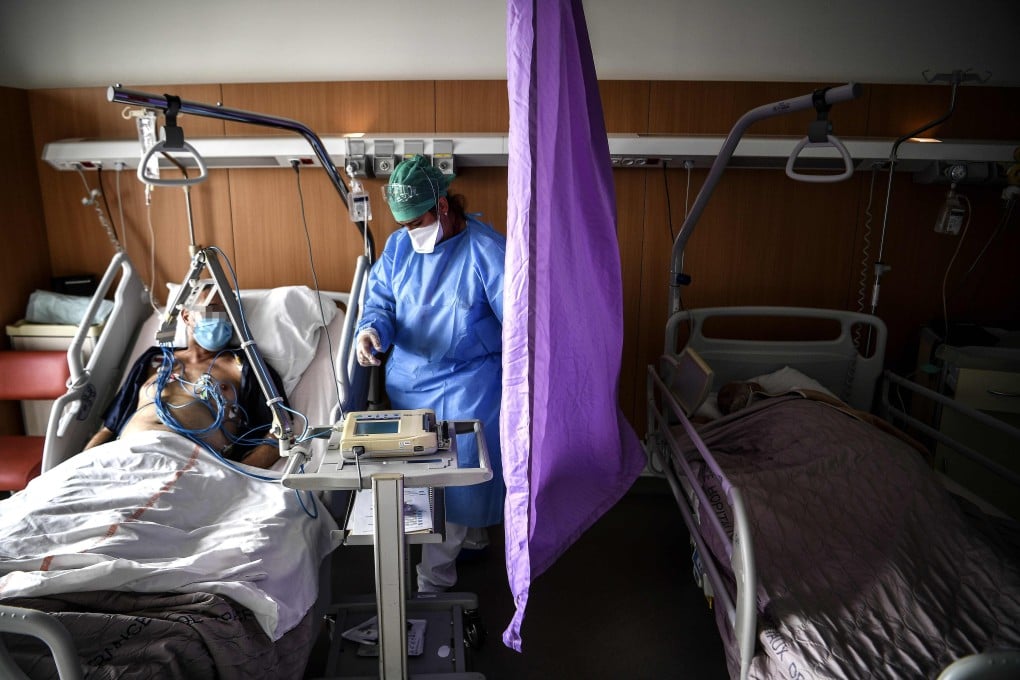Coronavirus latest: France records 1 millionth case as Europe battles new wave
- About 7.3 million people in England will be living under the country’s most stringent restrictions from the weekend
- Spanish PM says the country’s ‘real number’ of coronavirus cases is more than 3 million, triple the official tally

France on Friday reported its 1 millionth case of the coronavirus, which is now spreading through the country more quickly than during the peak of the first wave in spring, highlighting the scale of the resurgence engulfing Europe.
Several governments are struggling to keep their economies open under the weight of new cases.
In the United Kingdom, millions more people in and around Manchester have headed into lockdown as the government boosted a financial support package but acknowledged failures in a hugely expensive testing programme.
Belgium, one of the European countries worst hit by the coronavirus, tightened restrictions on social contacts by banning fans from sports matches, limiting the number of people in cultural spaces and closing theme parks.
Sweden, on the other hand, remains the outlier in Europe, refusing lockdowns despite reporting an uptick in infections and even gradually easing certain restrictions.
